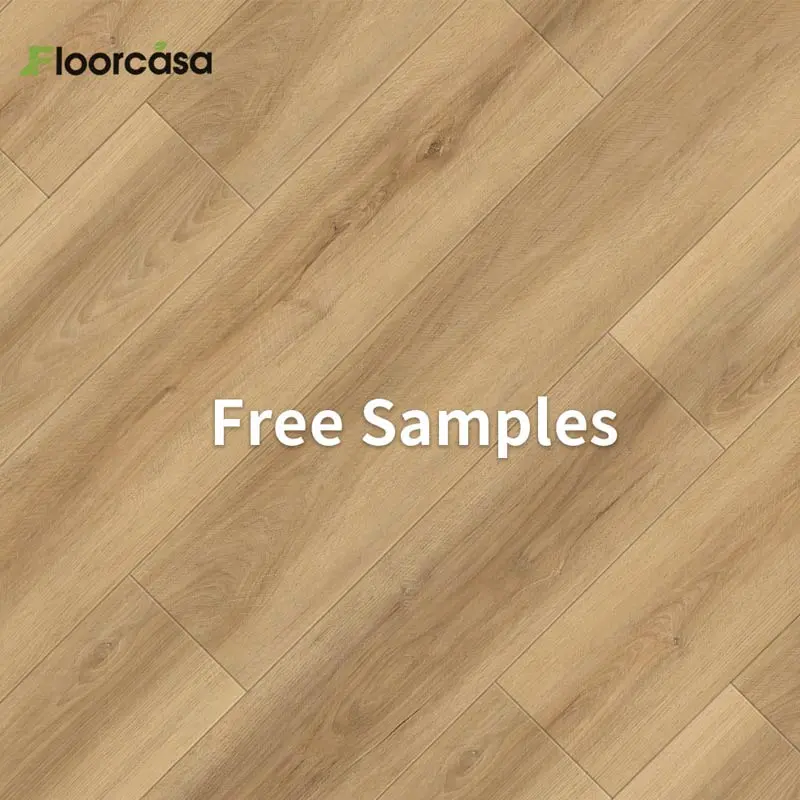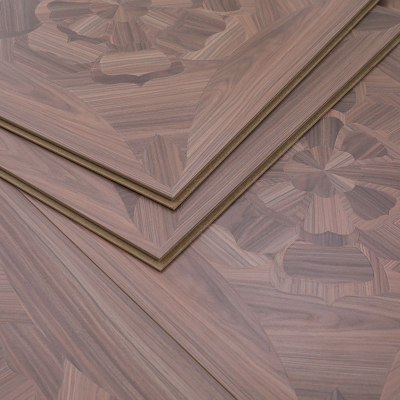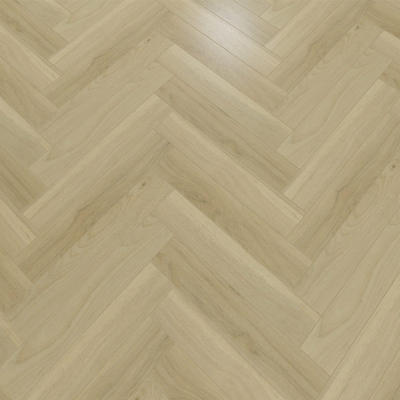spc flooring price
Product Definition
SPC flooring (Stone Plastic Composite) is a rigid core vinyl flooring made from limestone powder, PVC resin, and stabilizers. SPC flooring price is determined by core density, wear layer thickness, surface treatment, and production standards, making it a cost-efficient solution for residential and commercial flooring projects.
Technical Parameters & Specifications
Typical SPC flooring price levels correlate strongly with measurable technical specifications:
Thickness: 3.5 mm / 4.0 mm / 4.5 mm / 5.0 mm / 6.0 mm
Wear Layer: 0.3 mm / 0.5 mm / 0.7 mm
Density: 1900–2100 kg/m³
Surface Treatment: UV coating (single or double layer)
Locking System: Unilin / Valinge compatible
Fire Rating: Bfl-s1 (EN 13501)
Slip Resistance: R9–R10
Dimensional Stability: ≤0.15%
Structure & Material Composition
SPC flooring pricing is influenced by its multilayer engineered structure:
UV Wear Layer: Protects against abrasion and staining
Decor Film: Wood, stone, or customized patterns
SPC Core Layer: Limestone + PVC composite for rigidity
Balance Layer: Improves dimensional stability
Optional IXPE/EVA Underlay: Sound absorption and comfort
Manufacturing Process
Understanding production helps buyers evaluate whether an SPC flooring price is reasonable:
Raw material batching and formulation control
High-temperature extrusion of SPC core
Precision calibration and cooling
Lamination of decor film and wear layer
UV coating and curing
Click profile milling using CNC equipment
Quality inspection and packaging
Industry Comparison
| Flooring Type | Average Price Level | Durability | Water Resistance | Maintenance Cost |
|---|---|---|---|---|
| SPC Flooring | Medium | High | 100% | Low |
| LVT Flooring | Low–Medium | Medium | High | Medium |
| Laminate Flooring | Low | Medium | Limited | Medium |
| Engineered Wood | High | High | Low | High |
Application Scenarios
SPC flooring price advantages make it suitable for:
Residential housing developments
Hotels and serviced apartments
Retail stores and shopping malls
Healthcare and education facilities
Commercial offices and renovation projects
Core Buyer Pain Points & Solutions
Unclear pricing breakdown: Request detailed BOM and wear layer specs
Quality inconsistency: Verify density and locking precision
Overpriced branding: Focus on performance, not labels
Installation failures: Ensure substrate flatness standards are met
Risk Warnings & Mitigation
Low-density cores may cause deformation under load
Thin wear layers increase lifecycle cost
Inconsistent click systems raise installation risk
Lack of certification may affect project approval
Procurement & Selection Guide
Define project traffic and load requirements
Select appropriate thickness and wear layer
Compare SPC flooring price per square meter
Review fire and environmental certifications
Request physical samples for testing
Confirm production capacity and lead time
Evaluate after-sales technical support
Engineering Application Case
In a 25,000 m² mixed-use commercial renovation project, 5.0 mm SPC flooring with a 0.5 mm wear layer was selected. The optimized SPC flooring price reduced total flooring costs by approximately 18% compared with engineered wood while meeting fire and durability standards.
Frequently Asked Questions
What is the average SPC flooring price range? Answer: Typically mid-range, depending on thickness and wear layer.
Does thicker SPC always cost more? Answer: Generally yes, due to higher material usage.
Is SPC flooring cheaper than laminate long-term? Answer: Yes, due to lower maintenance and longer lifespan.
How does wear layer affect price? Answer: Thicker wear layers significantly increase cost and durability.
Is underlay included in the price? Answer: Often optional and quoted separately.
Does surface embossing increase price? Answer: Yes, EIR finishes add processing cost.
Is bulk ordering cheaper? Answer: Yes, economies of scale apply.
Can SPC flooring prices vary by region? Answer: Yes, logistics and standards impact cost.
Is SPC suitable for heated floors? Answer: Yes, within specified temperature limits.
How to avoid low-quality cheap SPC? Answer: Verify density, locking accuracy, and certifications.
CTA: Request Pricing & Technical Documents
For detailed SPC flooring price quotations, technical datasheets, or project samples, submit your project specifications to receive an engineered proposal aligned with your budget and performance requirements.
E-E-A-T Author Credentials
This article is prepared by technical consultants with over 10 years of experience in resilient flooring manufacturing, project specification, and international B2B procurement, supporting EPC contractors, distributors, and developers across global markets.






